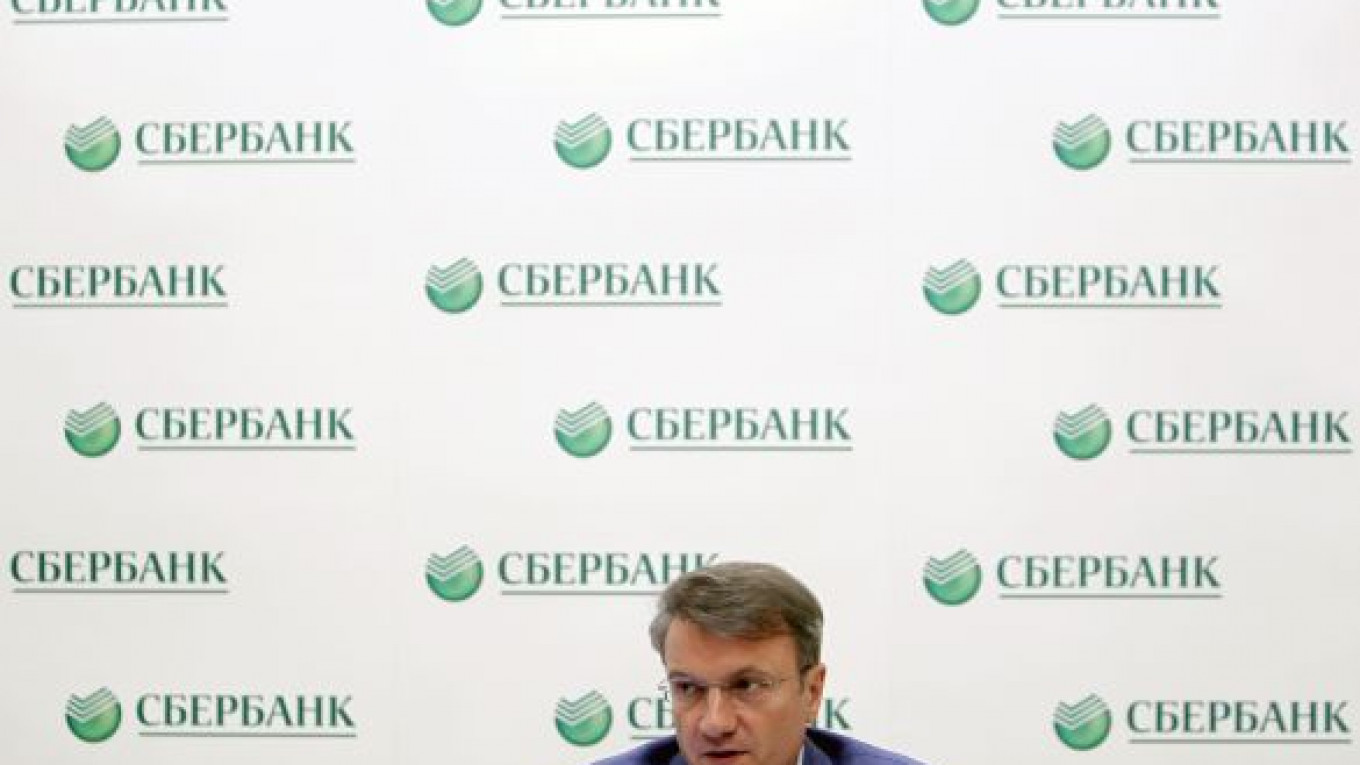LONDON — U.S. automaker General Motors canceled the sale of its Opel and Vauxhall brands two years ago because the Canadian-Russian buyers added "political considerations" to the deal, the Times said Monday.
The newspaper, citing U.S. diplomatic cables obtained by WikiLeaks, said the Canadian-Russian consortium bidding for GM's European operations added 31 amendments to the agreement after it was signed.
The consortium, which included Canadian car-parts maker Magna and state-owned Sberbank, signed a memorandum of understanding with the German government to acquire a 55 percent stake in Opel in May 2009.
The newspaper said that while Berlin thought the deal was settled, the consortium kept adding "unacceptable" demands.
"It was bad enough that political considerations had entered into what was supposed to be a straightforward business deal," the paper quoted the U.S. Embassy in Berlin as saying.
"Worse, the chancellery did not seem to understand what it agreed to in the MOU it had signed with Magna and GM."
The Times cited GM insiders as saying that one of the great concerns during the period was that Russian carmakers would gain access to Opel's technology and patents.
These worries, combined with GM's restructuring and a recovery in car markets, led the company to scrap the sale in November 2009, the Times' sources said.
GM, Magna and Sberbank were not immediately available for comment.
Earlier this month, Opel chairman Nick Reilly said GM was "very satisfied" with progress at Opel, but stopped short of commenting on whether the U.S. automaker had put the European unit up for sale.
Speculation about Opel's future re-emerged in early June with reports by German media that the European unit could be sold and possible buyers included Chinese automakers or Volkswagen.
A Message from The Moscow Times:
Dear readers,
We are facing unprecedented challenges. Russia's Prosecutor General's Office has designated The Moscow Times as an "undesirable" organization, criminalizing our work and putting our staff at risk of prosecution. This follows our earlier unjust labeling as a "foreign agent."
These actions are direct attempts to silence independent journalism in Russia. The authorities claim our work "discredits the decisions of the Russian leadership." We see things differently: we strive to provide accurate, unbiased reporting on Russia.
We, the journalists of The Moscow Times, refuse to be silenced. But to continue our work, we need your help.
Your support, no matter how small, makes a world of difference. If you can, please support us monthly starting from just $2. It's quick to set up, and every contribution makes a significant impact.
By supporting The Moscow Times, you're defending open, independent journalism in the face of repression. Thank you for standing with us.
Remind me later.






